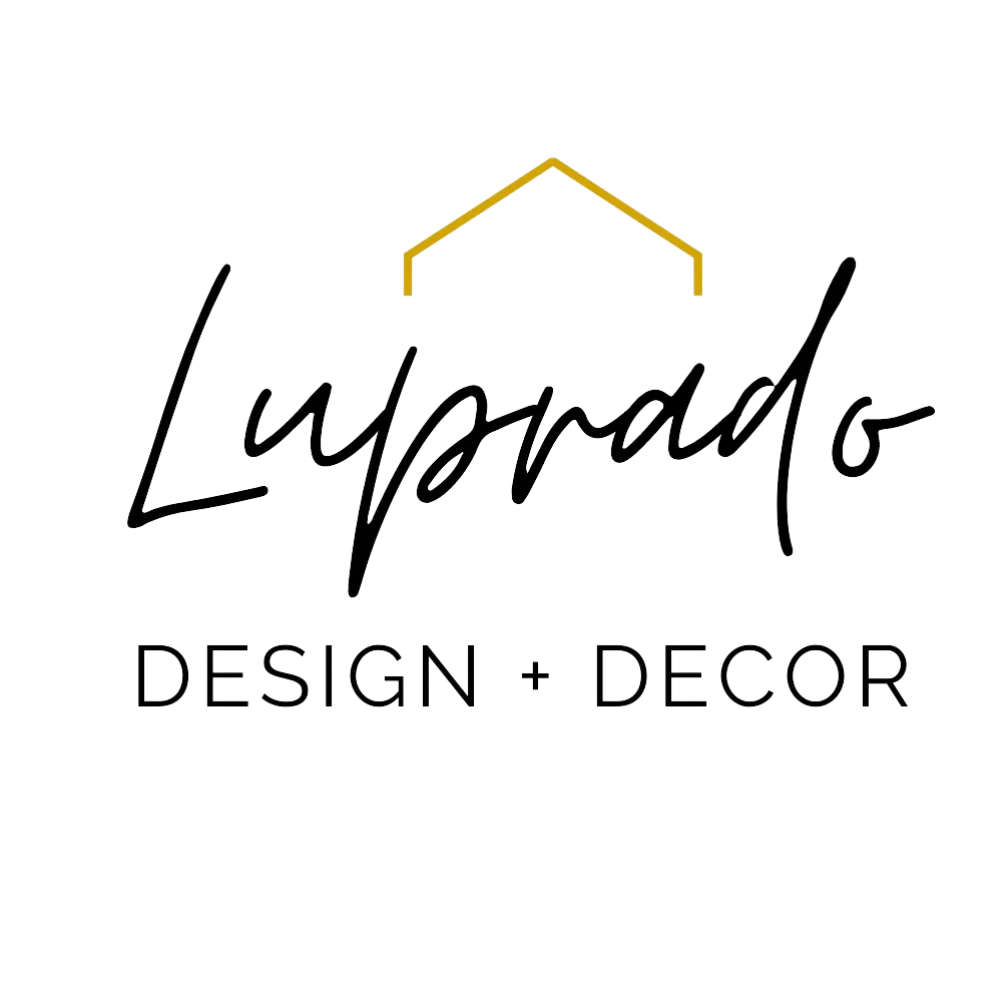why trust us?



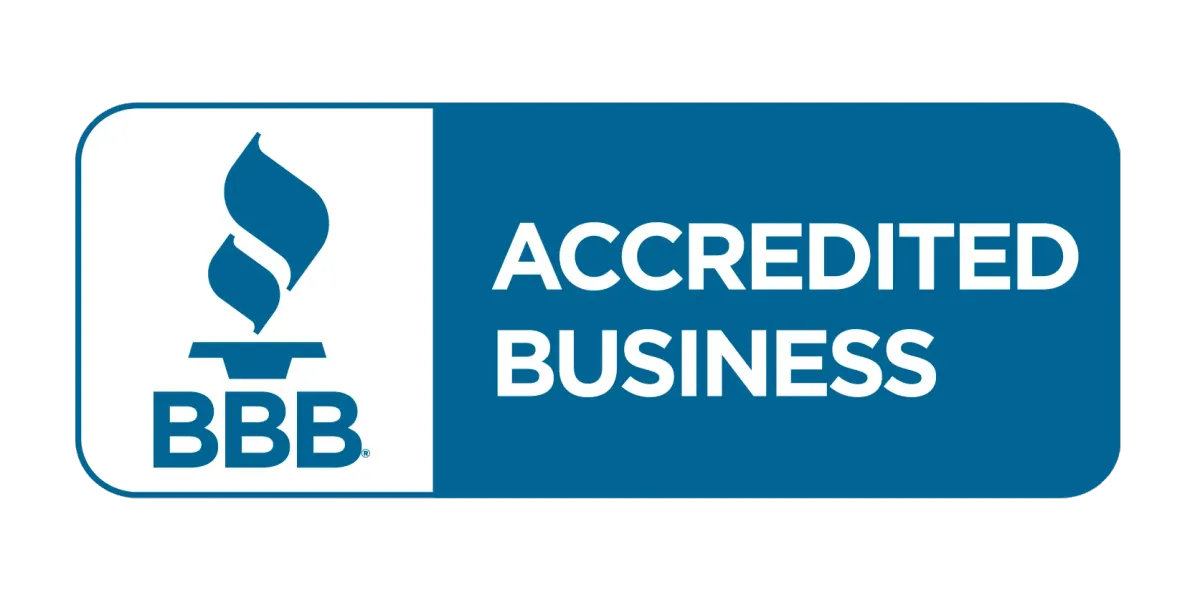
Your Content Here
Our Interior Design Services
Creating stunning spaces tailored to your unique taste.

Interior Design Project
Maximize the functionality and flow of
your space with our expert space
planning and layout design. We optimize
your layout to ensure a harmonious and
efficient environment.
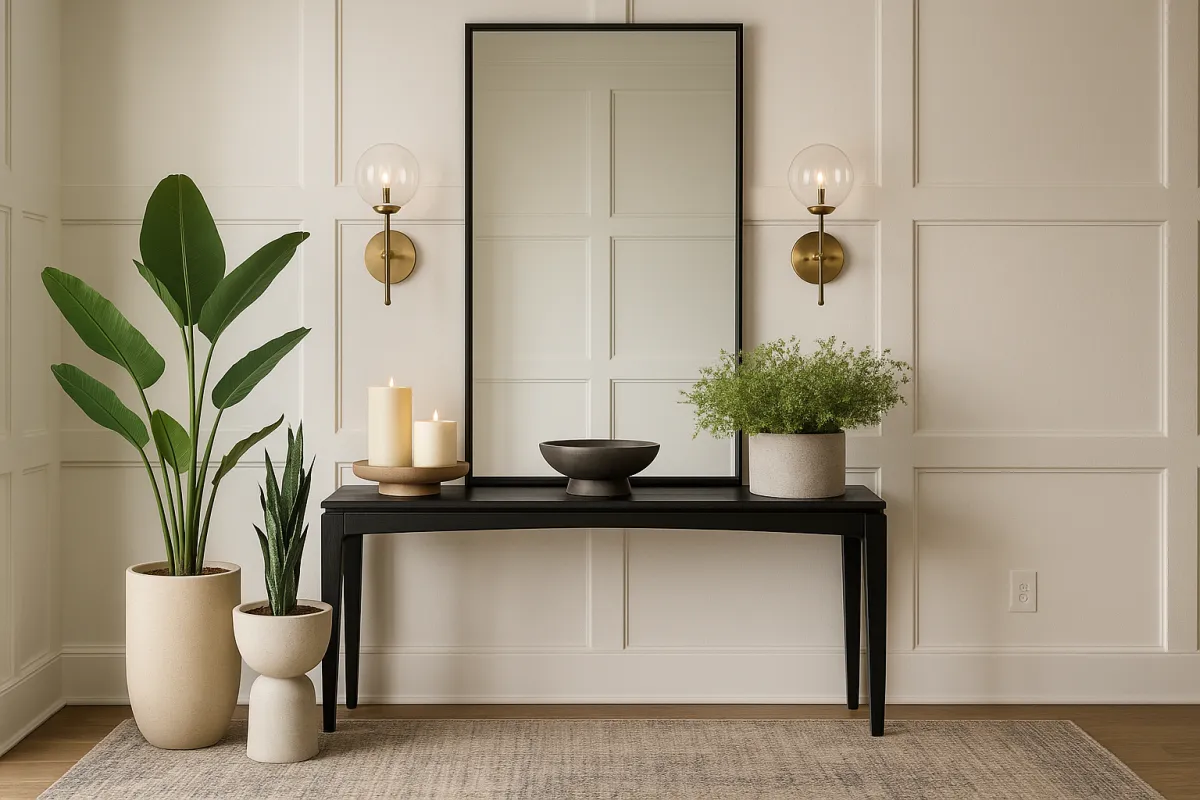
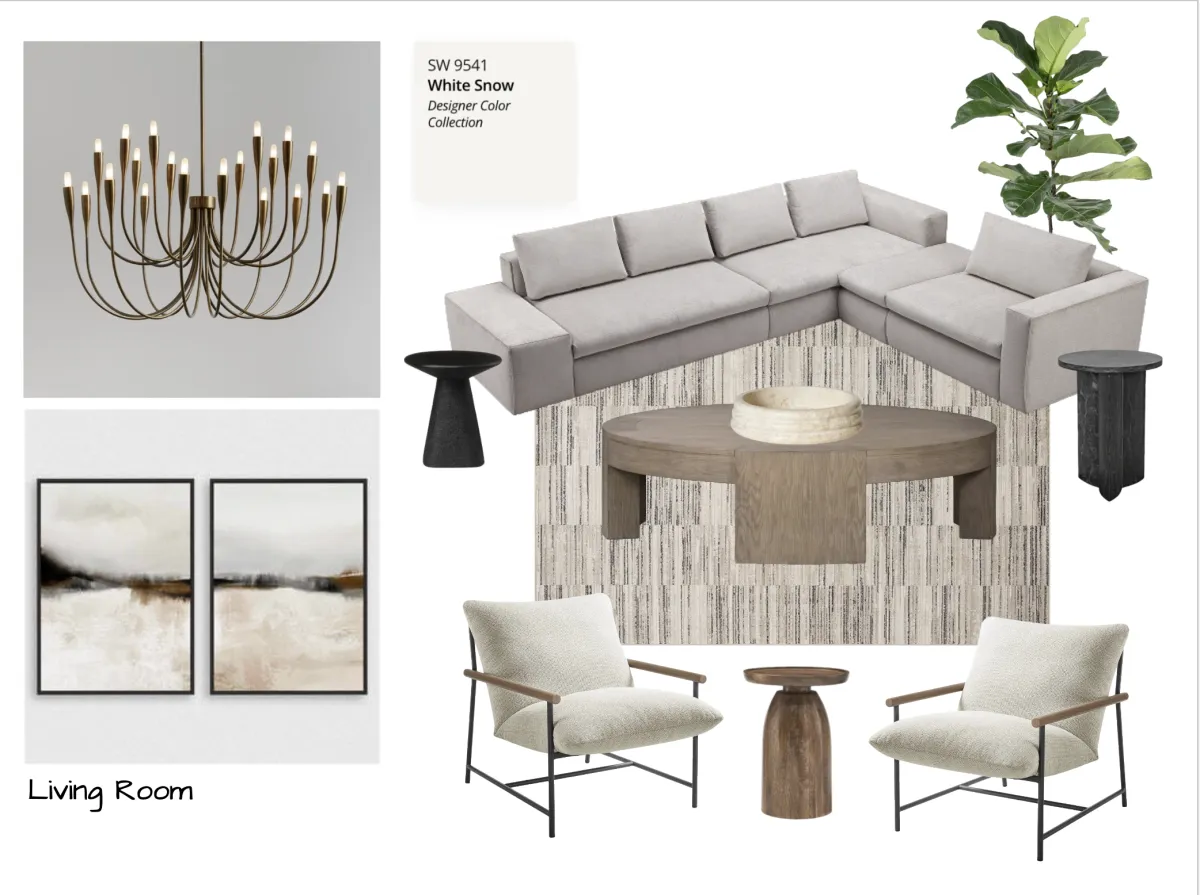
Interior Styling
Our skilled designers curate cohesive
interior schemes that reflect your
personality and style. From furniture
selection to color palettes and
accessories, we create spaces that are
both beautiful and functional.

Renovation and Remodeling
Transform your space with our
renovation and remodeling services. We
manage the entire process, from design
concepts to project management,
ensuring a seamless and stress-free
experience.

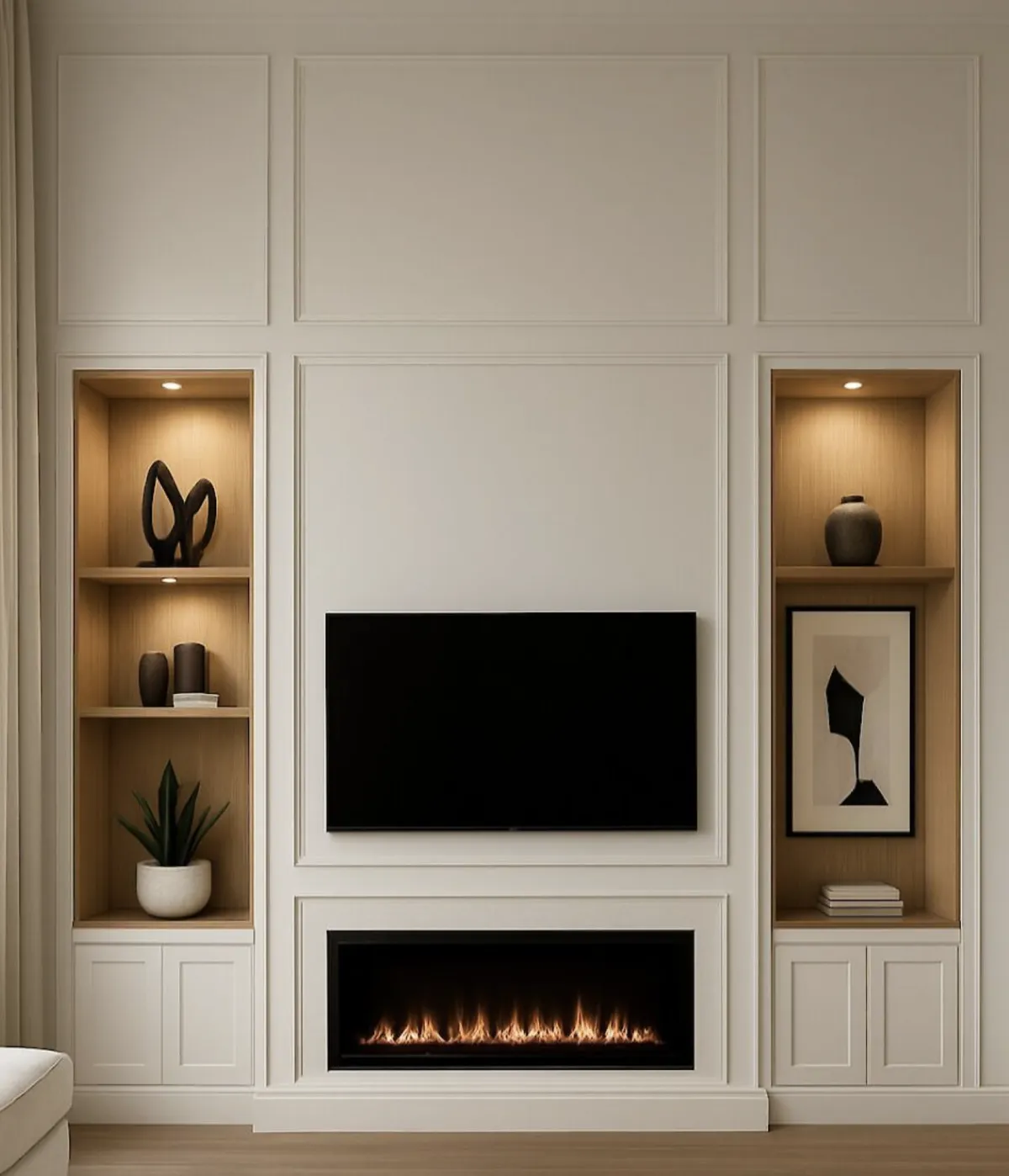
Customized Design Solutions
We offer tailored design solutions to meet your unique requirements. Whether it's custom furniture, built-in storage, or bespoke elements, our team creates one-of-a-kind designs that perfectly fit your space.
TESTIMONIALS
What others are saying
"Dream Outdoor Kitchen"
We worked with Luciana on our outdoor kitchen and backyard transformation and she knocked it out of the park. She listened to what we wanted, designed it and was communicative through the whole project! Now we have the outdoor kitchen of our dreams and have started working towards our backyard project as well.
- Joel Krause

"Seamless and Stree Free"
It was a great experience working with Luciana to remodel our outdoor patio and also transform one of our rooms to a media room. The designs that she gave were on point. She also managed the whole project and hence It was very seamless and stress free for us. We are very happy with the final outcome. Highly recommend.
- Bijoy James

"Highly recommend"
"I recently had the pleasure of working with LuPrado to transform my office space, backyard, and several other areas in my home, and I must say, the results were nothing short of remarkable. From start to finish, Lu Prado demonstrated great professionalism, creativity, and attention to our needs and details."
- Leandro Damasio


Innovation
Fresh, creative solutions.

Integrity
Honesty and transparency.

Excellence
Top-notch services.
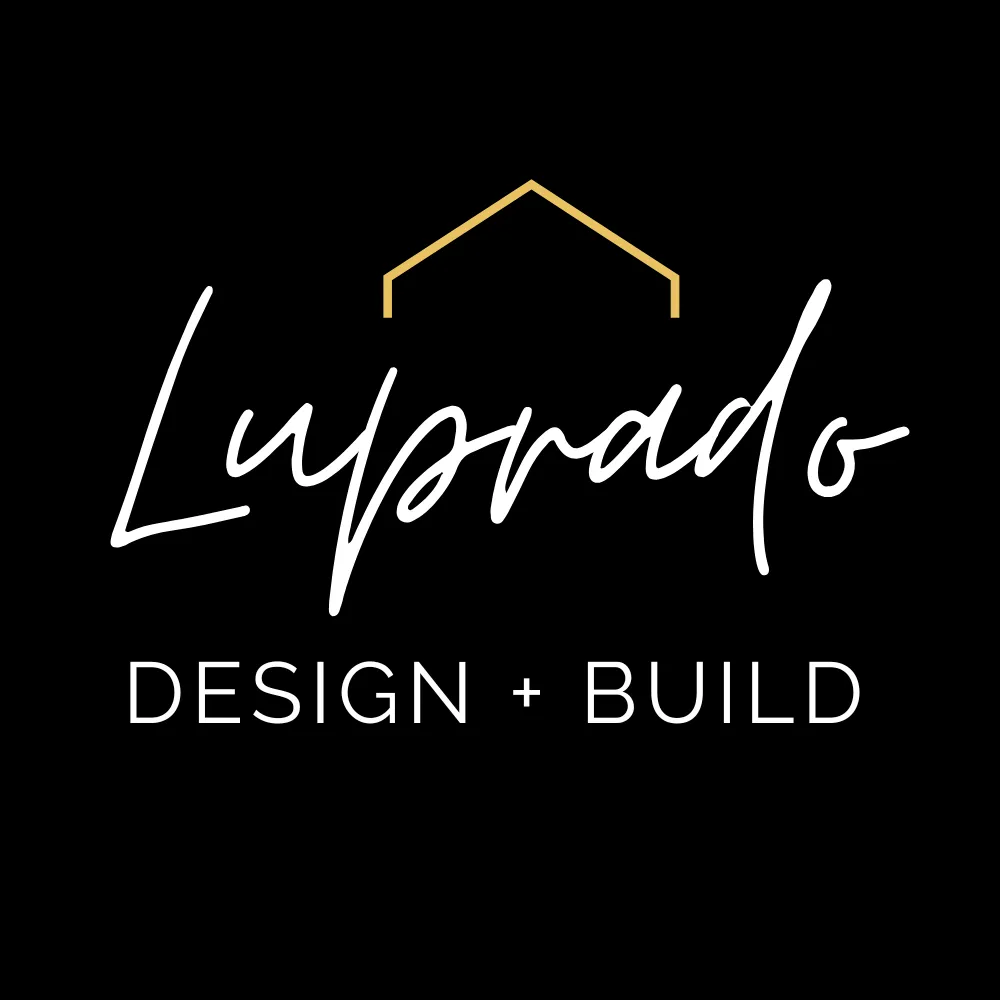
FOLLOW US
COMPANY
CUSTOMER CARE
LEGAL
Copyright 2025. Lu Prado Design. All Rights Reserved.
